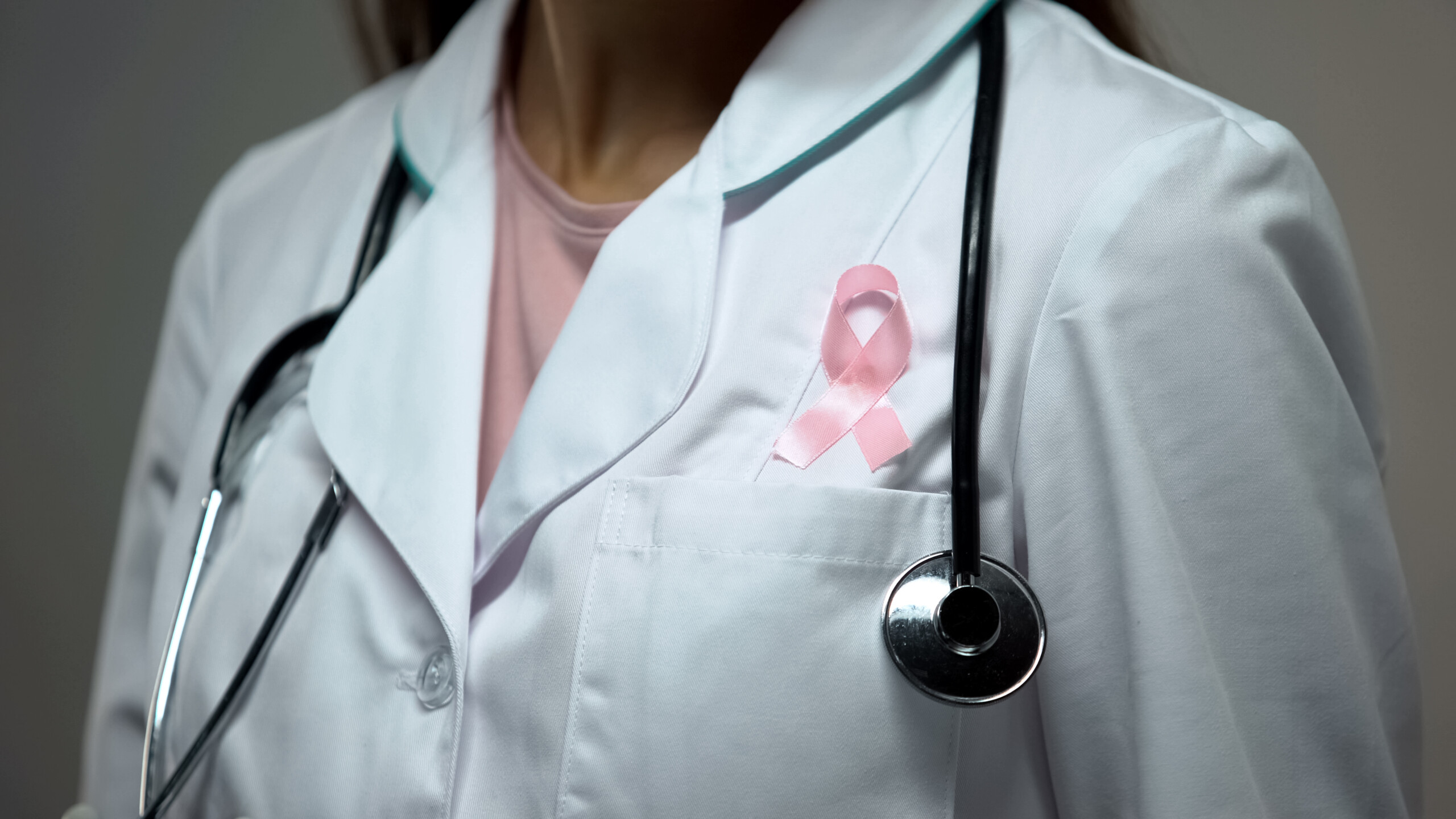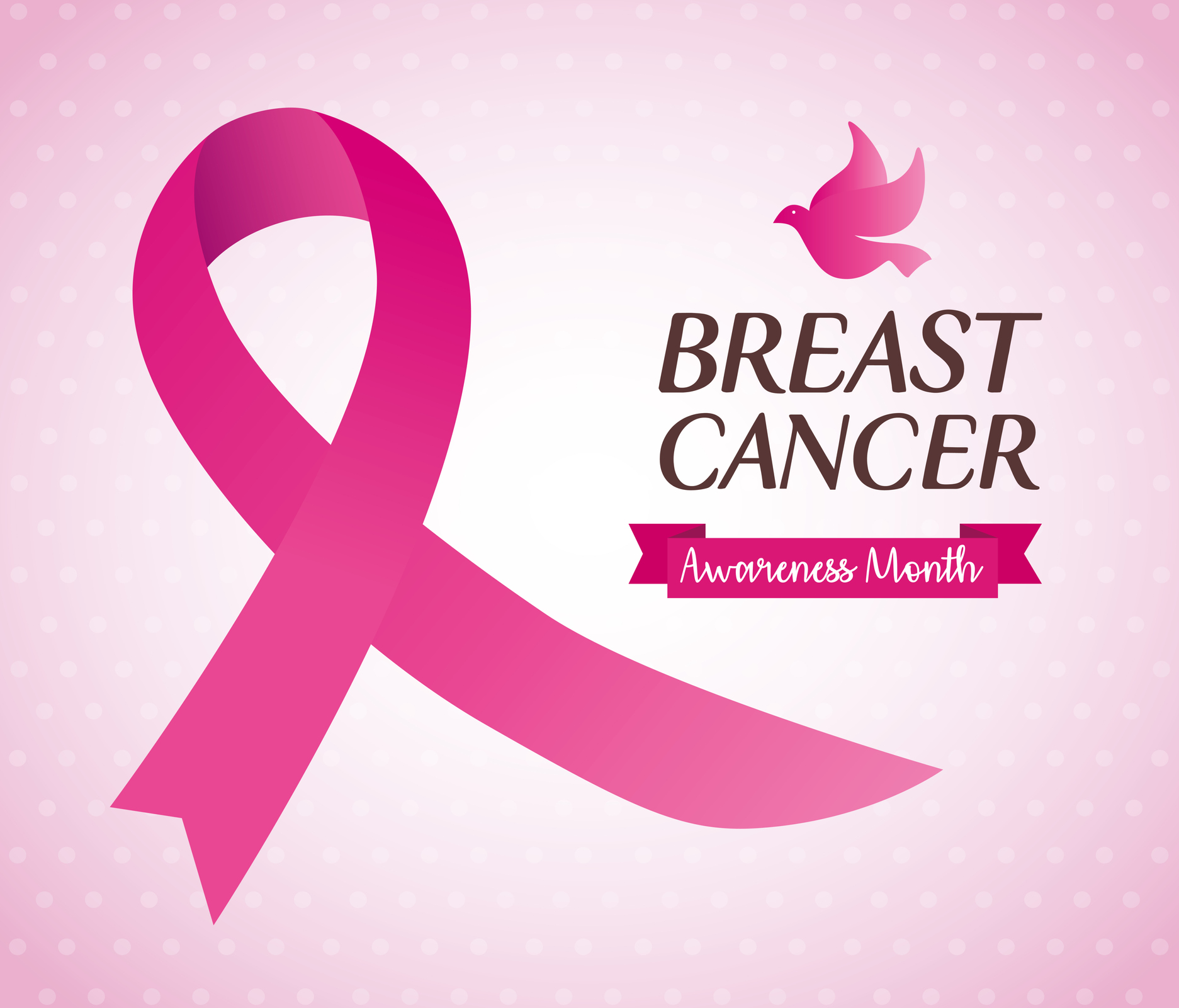Dr. Jenni Nix
Centennial Surgery
October is Breast Cancer Awareness Month, and while this is a great opportunity to spread information about this far-too-common disease, the unfortunate truth is many, if not most, people are already very aware of it.
Breast cancer strikes an estimated one in eight women, and the other seven likely know someone who is a cancer survivor, is currently battling the disease or has lost that battle.
But the fight goes on with new research, fund-raising, support groups and women throughout the world determined to find a cure.
Though a breast cancer diagnosis can seem dire, and certainly is life changing, when detected early it is among the most treatable – and curable – of cancers. And research is showing more evidence that lifestyle behaviors, such as exercise and nutrition can be key in preventing cancer in the first place.
So what is it that women should be doing to reduce their risk? For starters, a healthy diet, plenty of exercise and taking steps to reduce stress can be powerful tools.
A regular self-examination and annual mammograms are still the best ways to detect cancer early so that it can be successfully treated. But not as many women follow these practices as should, often because they feel they have to put their own needs on the back burner while they care for others.
But given the effectiveness of treating breast cancer in its early stages, it’s critical that women carve out a little time to put themselves first.
It is a common misconception that radiation associated with diagnostic imaging is potentially harmful and could, itself, cause cancer. However, technological advances, including state-of-the-art digital mammography, which is available at Mercy Outpatient Imaging, have reduced the amount of radiation absorbed during the process to a minimum and a small fraction of what it was two decades ago.
In the past, doctors have recommended that women aged 40 and over have an annual mammogram to spot undetected cancer. While experts agree that breast-cancer screening has clear benefits, the frequency of mammograms varies among respected cancer organizations.
However, these organizations are unanimous in their recommendation that all women should have a discussion with their doctor or healthcare provider about mammograms starting at age 40, or earlier in certain cases.
Breast self-examinations are recommended monthly, following the menstrual period or on the same date each month. And an annual breast exam conducted by a trained healthcare professional is recommended for women 40 and older and during routine check-ups for younger women.
Despite all of the precautions and steps toward prevention, there is no guarantee that breast cancer won’t occur. But women can help themselves greatly by paying attention to what they eat, how much they exercise and learning about other things they can do.

